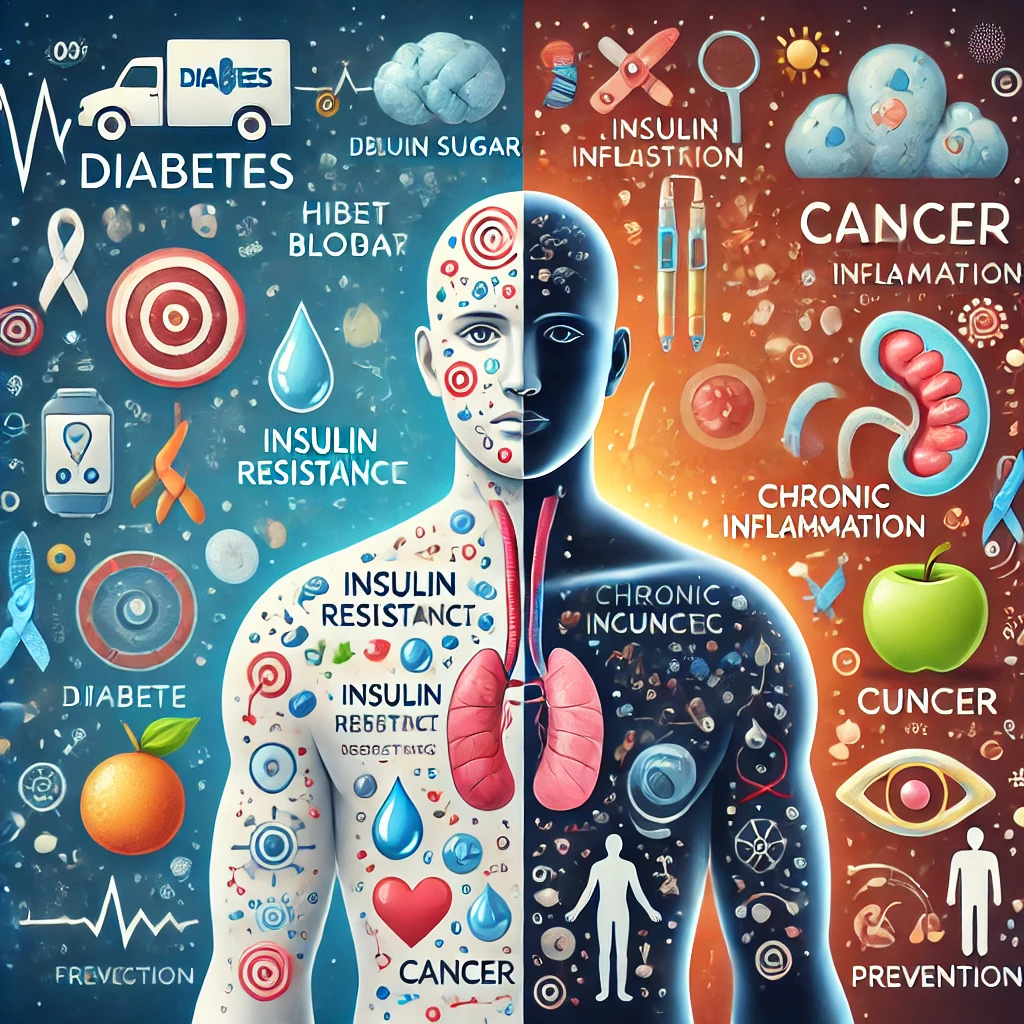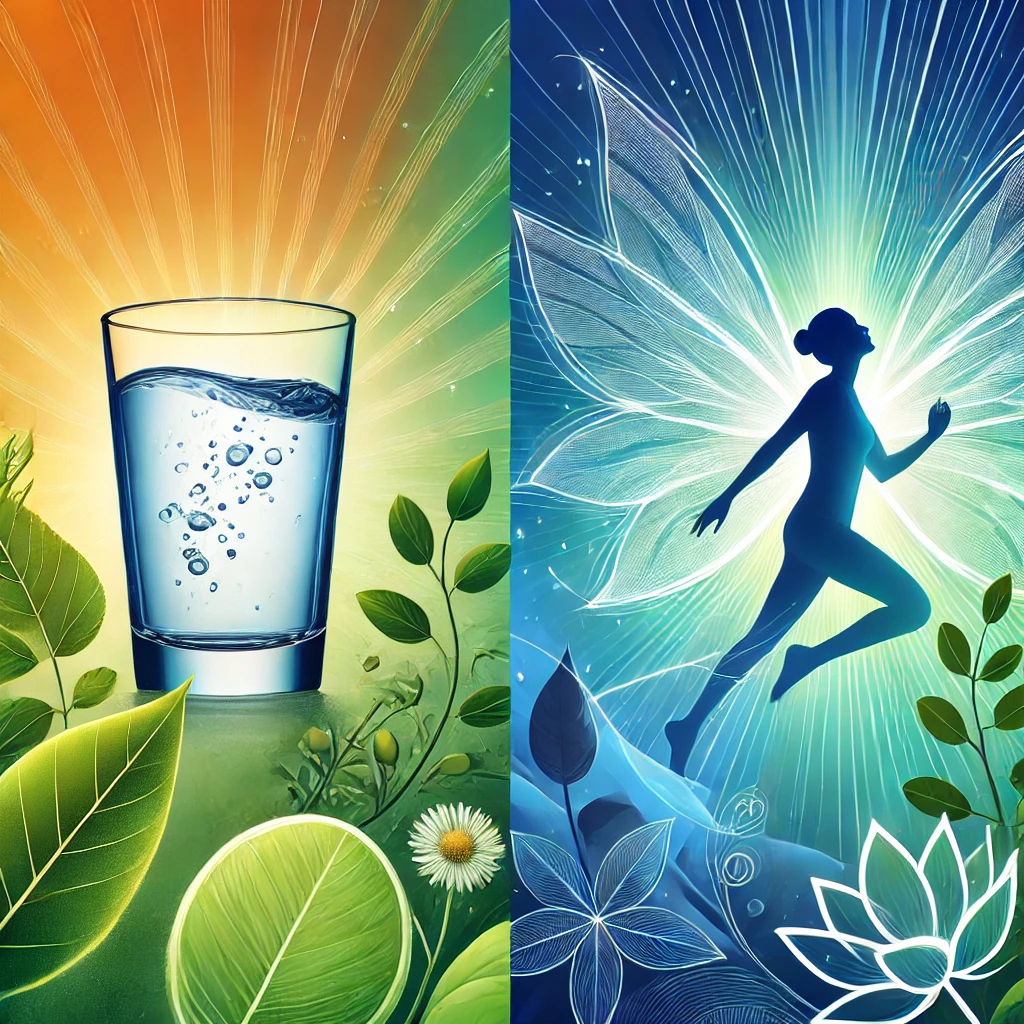The Connection Between Diabetes and Cancer
How Are Diabetes and Cancer Connected? The connection between diabetes and cancer, Diabetes is a chronic condition characterized by persistently high blood sugar levels. However, it’s not just a metabolic disease—it has been shown to… The Connection Between Diabetes and Cancer



